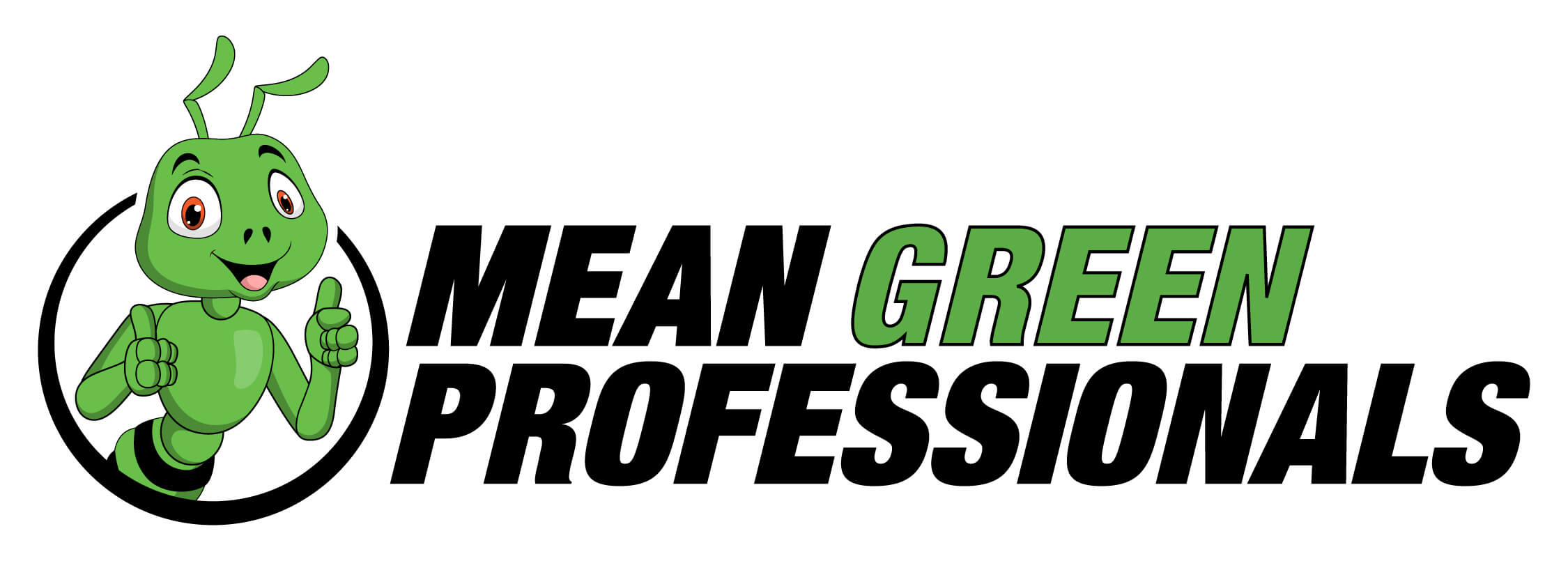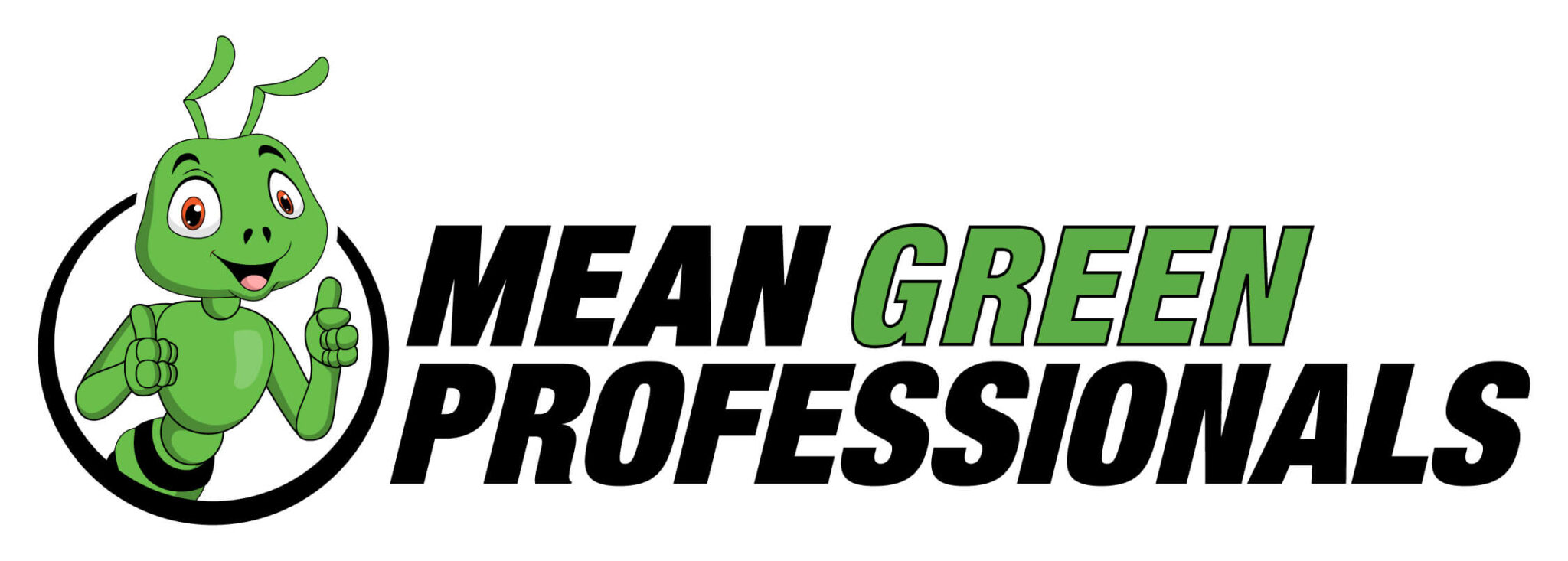
How climate and weather conditions influence pest activity is a critical factor in understanding the challenges faced by agricultural systems and natural ecosystems.
As global temperatures increase, various environmental factors are altered, leading to changes in biotic interactions between insect pests, their host plants, and natural enemies.
This blog post delves into how climate and weather conditions influence pest activity by discussing the complex relationships that drive pest population dynamics under changing climatic conditions.
We will explore how rising temperatures affect pests’ reproductive cycles and how increased precipitation levels can impact pest populations in Smyrna, Tennessee.
Moreover, we will also explore the potential of cultivating pest-resistant crops as a means to address these issues, considering both the benefits and drawbacks associated with GMOs.
In addition to technological advancements, this post highlights beneficial insects as natural pest control agents by examining common species used in biological control programs and explaining how introducing predatory insects helps maintain ecological balance.
We also address adapting pest management strategies amidst climate change by discussing implications on pesticide efficacy and integrating eco-friendly solutions into modern-day extermination methods.
Lastly, we emphasize sustainable practices during global events such as pandemics with lessons learned for the pest control industry while advocating for implementing green technologies and renewable energy sources in extermination services.
By understanding how climate and weather conditions influence pest activity, you’ll be better equipped to choose responsible service providers like Mean Green Pest Pros, who prioritize eco-friendly solutions.
Table Of Contents:
- Climate Change and Pest Activity
- Breeding Pest-Resistant Plant Varieties
- Beneficial Insects: The Natural Pest Control Solution
- Adapting Pest Control Strategies Amidst Climate Change
- Sustainable Practices During Global Events
- Mean Green Pest Pros’ Eco-Friendly Solutions
- FAQs in Relation to How Climate and Weather Conditions Influence Pest Activity
- Climate and weather conditions play a significant role in pest activity, highlighting the need for proactive measures and professional pest control services to mitigate infestations and maintain a pest-free environment.
Climate Change and Pest Activity
Climate change influences pest activity, posing threats to plants, agriculture, and ecosystems.
Rising temperatures accelerate the growth of pest species, leading to larger populations that can cause greater damage.
Fluctuations in precipitation levels also play an essential role in shaping pest populations, creating ideal breeding grounds for various pests.
- Biotic interactions between pests and natural predators or parasites could be disrupted by climate warming, leading some pest species to become even more problematic.
- Increased precipitation levels can lead to the spread of crop pests, causing infestations in new areas.
- Global warming climate change may alter plant communities and ecosystems, potentially leading to a shift in pest species composition due to changes in host plant availability.
It is crucial for those involved in pest management practices to consider how environmental factors such as climate change will affect their work moving forward.
By understanding the relationship between climate warming and increased pest activity, professionals can develop effective strategies that prioritize eco-friendly solutions like natural pest control using natural predators or other means.
Breeding Pest-Resistant Plant Varieties
Climate change is causing more pest activity, so it’s crucial to find eco-friendly solutions to protect plants, like breeding pest-resistant plant varieties that can withstand threats better than traditional crops.
Advantages of using genetically modified organisms (GMOs) for combating pests
GMOs are widely used in modern agriculture to produce pest-resistant crops, which require fewer pesticide applications, increase crop yield, and reduce environmental impact.
- Fewer pesticides = a happier planet.
- More crops = more food.
- Less toxic runoff = healthier ecosystems.
Challenges faced when developing new resistant crop strains
Creating pest-resistant plant varieties is not without its challenges, including the significant time and resources required for development, concerns about the potential risks of GMOs, and the possibility of pests evolving over time and developing ways to overcome these defenses.
- Expensive development process.
- Potential risks of GMOs.
- Pests can evolve.
Researchers, farmers, and pest control professionals like Mean Green Pest Pros must work together to develop innovative solutions that balance effectiveness with environmental responsibility.
By embracing eco-friendly approaches like breeding pest-resistant plant varieties and introducing beneficial insects, we can protect our environment for future generations.
Beneficial Insects: The Natural Pest Control Solution
Introducing beneficial insects into an ecosystem can naturally control pests without harmful chemicals or pesticides, aligning with Mean Green Pest Pros’ eco-friendly mission.
Examples of Common Beneficial Insects
- Ladybugs: These colorful beetles eat up to 50 aphids per day, making them valuable allies in controlling infestations.
- Lacewings: Dubbed “aphid lions,” lacewing larvae devour soft-bodied insects like aphids, mites, and whiteflies.
- Braconid Wasps: These tiny parasitic wasps lay eggs inside insect hosts, eliminating potential threats before they mature into damaging adult forms.
- Predatory Mites: Some mites feast upon spider mites, a notorious plant-damaging pest found in gardens and greenhouses worldwide.
Maintaining Ecological Balance
Beneficial bugs can help keep a healthy balance by restraining the number of pests so that infestations don’t become too extreme.
Biological control programs carefully select and release specific beneficial insects that target particular pests without causing unintended consequences for other organisms within the ecosystem.
Creating a welcoming environment for beneficial insects by planting native plants that provide food sources and shelter encourages local populations to thrive naturally.
By opting for biological controls over chemical pesticides, individuals can contribute towards preserving our planet’s delicate ecosystems while still protecting their homes from unwanted invaders.
With companies like Mean Green Pest Pros leading the charge in providing eco-friendly solutions for insect and rodent elimination services, we’re one step closer to achieving a greener future.
Adapting Pest Control Strategies Amidst Climate Change
Climate change is causing insect populations to increase, making it crucial for pest control strategies to adapt and consider greener alternatives.
Implications of Global Warming on Pesticide Efficacy
Rising temperatures can reduce pesticide effectiveness and increase runoff, potentially harming aquatic life.
- Faster breakdown: Chemical compounds may require more frequent applications or stronger concentrations.
- Increased runoff: Heavy rainfall events can wash away pesticides before they work properly.
- Pest adaptation: Pests may develop resistance or immunity towards certain chemicals used in traditional extermination methods.
Integrating Eco-Friendly Solutions into Modern-Day Extermination Methods
Mean Green Pest Pros in Smyrna, Tennessee, integrates eco-friendly solutions into their services, including:
- Biological control: Introducing beneficial insects to manage pests naturally.
- Cultural control: Implementing agricultural practices that disrupt pest life cycles.
- Mechanical control: Using physical barriers like screens or traps to prevent pests from accessing specific areas.
- Biorational pesticides: Employ eco-friendly pesticide alternatives derived from natural sources.
By choosing responsible service providers like Mean Green Pest Pros, you can protect your home or business from infestations while supporting efforts to combat climate change.
Sustainable Practices During Global Events
Amid the world’s struggle with unprecedented global events such as pandemics, it is essential for pest control companies to embrace sustainable methods that reduce their reliance on fossil fuels for maximum effectiveness.
Lessons learned from pandemic-related restrictions for the pest control industry
The COVID-19 pandemic taught us valuable lessons about resilience and adaptation in various industries, including pest control.
Lockdowns and travel restrictions paved the way for more innovative and eco-friendly solutions, such as remote monitoring technologies and natural insect repellents made from organic ingredients.
Implementing green technologies and renewable energy sources in extermination services
Pest control businesses should strive to reduce their carbon footprint by utilizing green technologies such as solar-powered devices and electric vehicles.
- Solar panels: Installing solar panels at service centers or offices can significantly decrease electricity consumption.
- Energy-efficient equipment: Upgrading to energy-efficient devices, such as LED lights and smart thermostats, can help conserve energy and reduce operational costs.
- Biodegradable products: Using biodegradable pest control products ensures that the environment is not harmed during extermination processes.
Incorporating these sustainable practices into pest control services will create a positive image for businesses among environmentally conscious consumers.
Mean Green Pest Pros’ Eco-Friendly Solutions
Climate change impacts pest activity, but Mean Green Pest Pros in Smyrna, Tennessee, offers eco-friendly solutions for effective pest management.
Choose a Responsible Service Provider
Mean Green Pest Pros prioritizes sustainable practices, using organic ingredients and integrated pest management techniques to reduce pesticide use and preserve ecosystems.
- Eco-friendly treatments: All-natural products derived from plants repel insects without harming humans or pets.
- Integrated pest management (IPM): Biological control methods combined with targeted applications of eco-friendly pesticides reduce pesticide use while maintaining effectiveness.
- Education and prevention: Customers receive education on proper sanitation and habitat modification strategies to prevent future infestations.
- Certified technicians: Technicians are trained and certified in eco-friendly pest control methods.
Choosing a responsible service provider like Mean Green Pest Pros helps mitigate the potential impacts of climate change on pest activity while protecting the environment.
Opting for eco-friendly pest control services not only eliminates pests but also contributes positively towards preserving ecosystems for future generations.
FAQs in Relation to How Climate and Weather Conditions Influence Pest Activity
How Climate Affects Pests
Climate influences pest distribution, abundance, and activity, affecting factors such as reproduction cycles, food availability, and habitat suitability.
Climate Change’s Impact on Pest Control
Global warming alters traditional pest control methods, making it harder to manage invasive species and maintain ecological balance.
Climate Change’s Effect on Pest Populations
Changing environmental conditions due to climate change can lead to altered habitats, food sources, and predator presence, causing some species to face extinction while others experience increased reproductive rates and expanded ranges.
Temperature’s Effect on Insect Activity
Insects rely on external heat sources to regulate body temperatures, and higher ambient temperatures can accelerate metabolic processes, leading to increased feeding rates, growth speeds, and reproduction capacity.
Climate and weather conditions play a significant role in pest activity, highlighting the need for proactive measures and professional pest control services to mitigate infestations and maintain a pest-free environment.
The answer to the question of how climate and weather conditions influence pest activity has been revealed!
Climate and weather greatly impact pest activity, with rising temperatures affecting reproductive cycles and increased precipitation leading to higher populations.
Combatting these issues can involve breeding pest-resistant plant varieties through GMOs and utilizing beneficial insect species as natural control agents.
It’s crucial to adapt pest control strategies amidst climate change and implement sustainable practices during global events.
Choosing responsible service providers like Mean Green Pest Pros ensures the effective utilization of these eco-friendly methods.
Contact Mean Green Pest Pros today to schedule an appointment!

.png)
.png)
.png)





